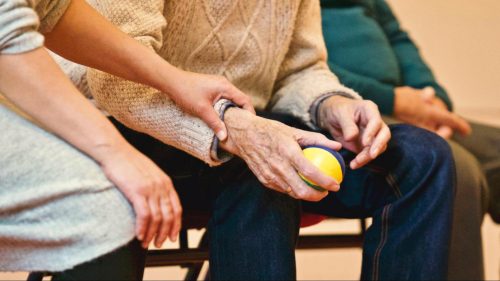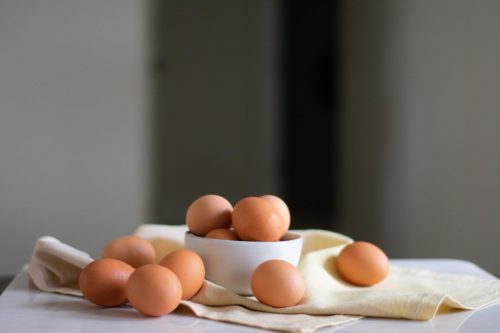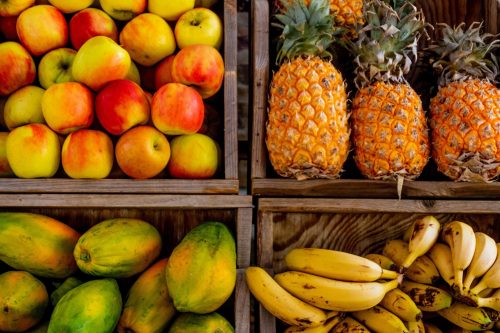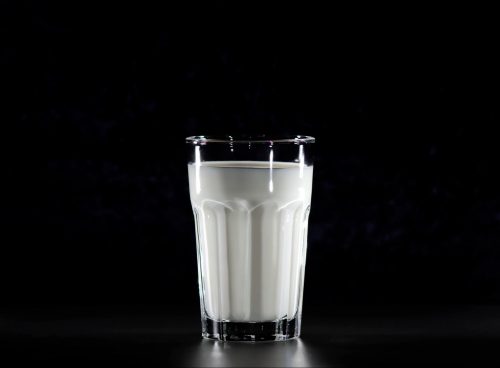Nutrition for the elderly
The common problems faced by the elderly
We all will get older and older as time goes by this is a process that we cannot avoid from it. We may still have grandparents at home as we love them nutrition for the elderly is important to understand in order to aid them to stay healthy.

Text content
Before we discuss their nutritional needs we should understand the factors that can influence their food choices. Most of the factors related to their physical condition and lifestyle habits. For example older people are lacking interest in food as their sense of smell and taste changed which causes the loss of appetite. The oral problem is a common health problem occurring in the elderly such as tooth loss or dental caries which may affect their food choice. Besides other factors such as the availability of food culture cooking skills emotions knowledge and beliefs of the elderly are also one of the factors that can affect their food choice.
With the reasons above some of the elderly are facing poor nutritional status. Many of the conditions such as osteoporosis and constipation are associated with malnutrition. Thus food choices among the elderly should be concerned which is directly linked to the nutrients intake that affects body conditions and health.
Text content
What nutrients do they need?
Firstly they should increase protein intake in their daily meals. The reason behind that is the elderly start to experience muscle wasting from the age of 50. Without adequate intake of protein for a long period of time it leads to loss of muscle mass strength and function called sarcopenia. Protein helps the elderly to build and maintain muscle mass also related to better bone mass and lower the risk of osteoporosis. The elderly can get protein from food such as eggs chicken breast meat milk whole grains and beans.

Text content
Nevertheless vitamins and dietary fiber deficiency may be considered as a problem of the elderly. Most of these nutrients come from fruits and vegetables many elderly preferred not to consume vegetables due to dental and chewing problems. In fact the elderly can choose those fruits and vegetables that are easy to chew such as tomatoes carrots berries and sliced apples. Water intake is also needed to emphasize lack of water intake will lead to dehydration and constipation.

Text content
Calcium is an essential nutrient that is necessary for many functions in elderly health it is the major component of our teeth and bone. The recommended calcium intake for elderly is 1000 to 1200 mg per day. Thus the elderly should be concerned about calcium intake in order to maintain healthy bone mass and bone density it also prevents bone fracture and osteoporosis. The food source of calcium such as kale broccoli and milk.

Text content
Breakfast is important to the elderly the elderly are encouraged to take nutrient-dense food instead of calorie-dense food. For example white rice and white bread should be replaced by whole-grain food. Consume a variety of foods that are able to get different types of essential nutrients. Protein and calcium are necessary for the elderly in order to maintain muscle and bone health. The intake of salt should be careful while it can increase blood pressure level natural spices can be used to improve the taste of food. Lastly do not forget to drink more water to prevent dehydration and constipation.

Name: Wong Yan Xiang
Position: Nutritionist
Education: BSc(Hons) Nutrition with Wellness UCSI University